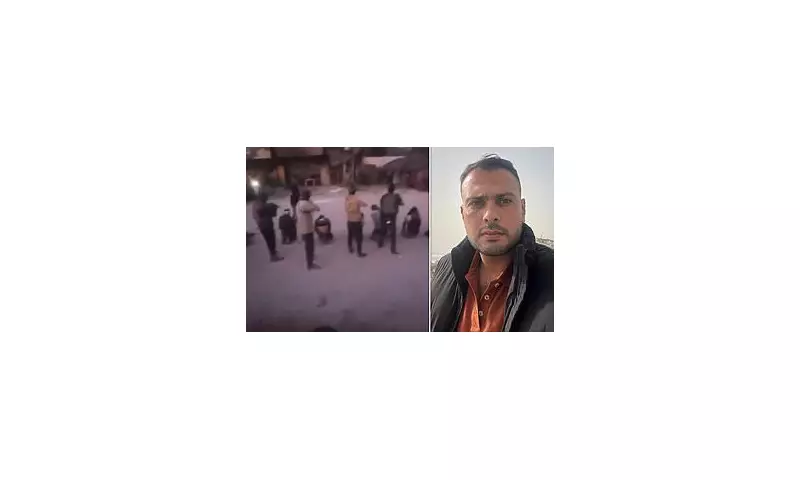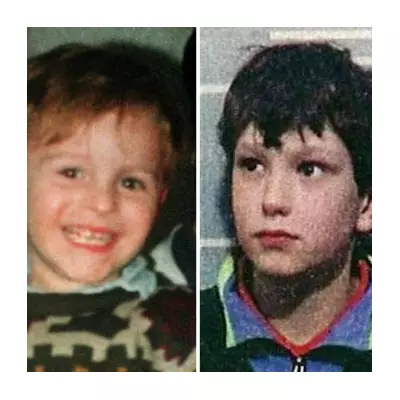
A former hostage of Hamas has broken his silence to describe the unimaginable horrors he endured during his captivity, detailing a systematic campaign of physical and psychological torture that pushed him to the brink of survival.
The Beginning of the Nightmare
Seized by Hamas militants during their deadly incursion, the victim recounts being immediately subjected to brutal treatment that would become routine throughout his imprisonment. His captors showed no mercy from the very first moments of his capture.
Systematic Physical Torture
The torture methods employed were both medieval and relentless:
- Being stripped naked repeatedly as a humiliation tactic
- Hung upside down for extended periods causing extreme discomfort
- Regular whipping sessions that left permanent scars
- Forced to maintain painful squatting positions for up to 24 hours
Psychological Warfare
Perhaps even more disturbing than the physical abuse were the psychological tactics designed to break his spirit. His captors deliberately targeted his deepest fears and family connections.
"They told me I would be forced to watch as my mother and sister were raped," the survivor revealed, describing how Hamas fighters used threats of sexual violence against his female relatives as psychological weapons.
Enduring the Unendurable
The combination of physical torment and psychological terror created what the victim describes as "complete hell." The constant uncertainty about his fate, coupled with the systematic abuse, created conditions designed to destroy both body and mind.
A Story That Must Be Told
Despite the trauma of reliving his experience, the former hostage has chosen to speak out, hoping his testimony will shed light on the brutal methods employed by Hamas and the urgent need for international attention to the plight of all remaining captives.
His account provides chilling insight into the treatment of hostages and underscores the complex humanitarian crisis continuing to unfold in the region.





